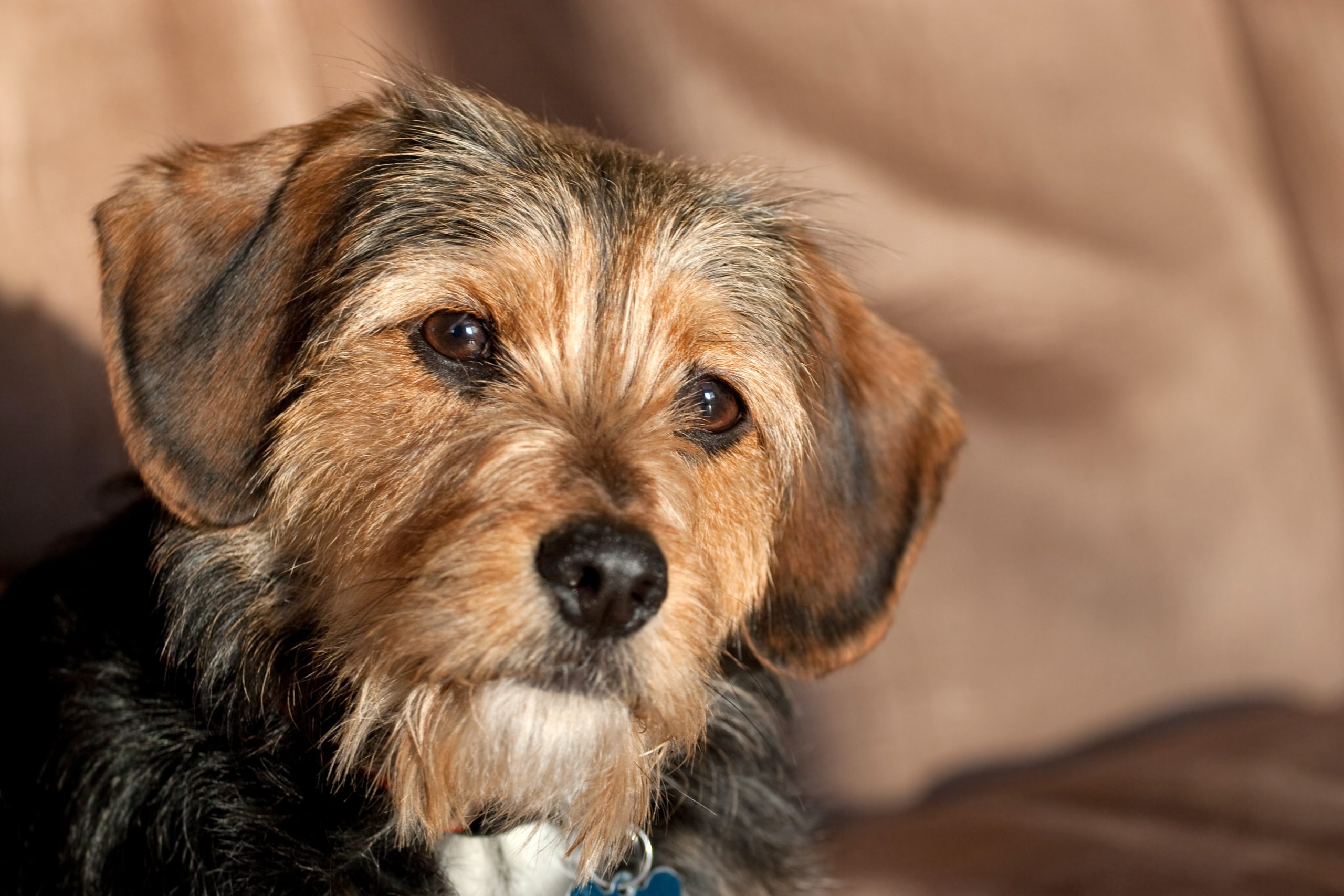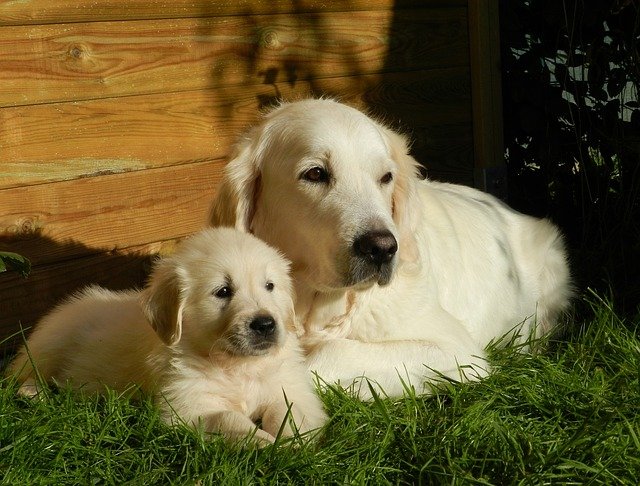Welcome to the ultimate guide to puppy training! Training your new furry friend can be a daunting task, but with the right information and techniques, it doesn’t have to be. In this post, we will cover everything you need to know about puppy training, from when to start to how often to train. Let’s get started!
When to Start Puppy Training:
The sooner you start training your pup, the better. It’s never too early to begin teaching your dog basic commands such as “sit,” “stay,” and “come.” The ideal age for starting puppy training is around 8-10 weeks old. At this stage, they are still developing their social skills and learning to interact with other animals and humans. By introducing them to training at an early age, you can set them up for success later on in life.
The Best Potty Training Techniques for Your Puppy:
Potty training is one of the most important aspects of raising a well-behaved dog. There are several methods that work best for potty training, including crate training, paper training, and outside training. Crate training involves using a small cage or kennel to confine your pup during housebreaking. Paper training involves placing papers or pads inside the home where your pup can relieve themselves without ruining carpets or floors. Outside training involves taking your pup outdoors to do their business. Find what works best for your pup and stick with it consistently.
Choosing the Right Obedience Training Method for Your Dog:
There are many different obedience training methods available, including positive reinforcement, clicker training, and leash/collar training. Positive reinforcement focuses on rewarding good behavior with treats and praise while ignoring bad behavior. Clicker training uses a clicking sound to indicate when your pup has performed a desired behavior followed by a treat or praise. Leash/collar training involves teaching your pup to obey commands while being walked on a leash and collar. Choose a method that aligns with your personal values and goals for your pup.

How Many Days per Week Should You Train Your Dog:
It’s essential to establish a consistent routine when it comes to training your pup. Ideally, you should aim to train your pup for at least five days per week for short sessions (5-10 minutes) each day. This helps prevent burnout and keeps things fresh and exciting for both you and your pup. Remember not to overtrain your pup as this can lead to frustration and anxiety. Listen to your pup’s body language and adjust accordingly.
Ultimately, puppy training doesn’t have to be difficult if you have the right tools and knowledge. By following these tips and techniques, you can raise a well-mannered and happy pup who loves to learn and please their owners. Good luck and happy training!
